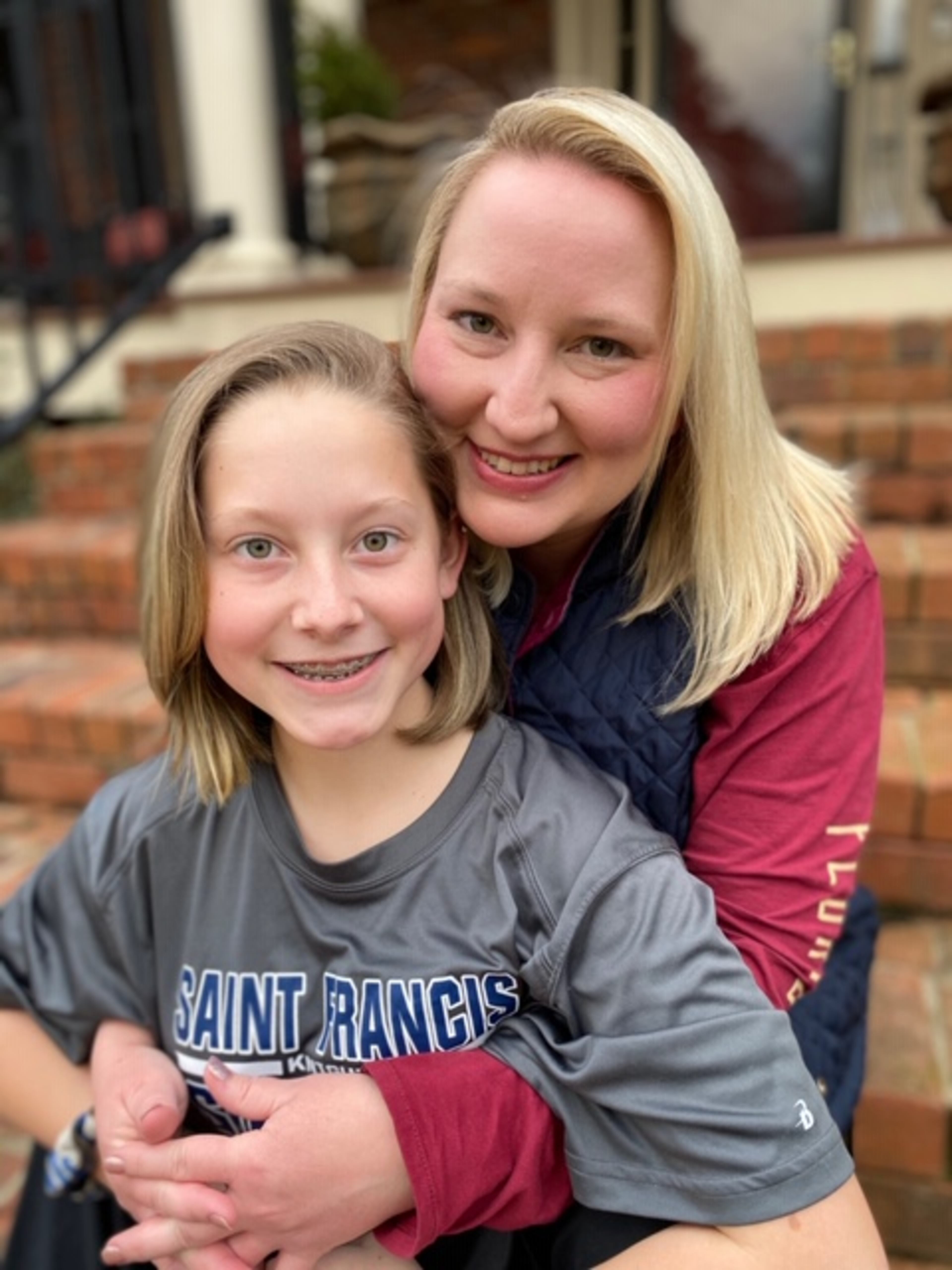Opinion: Special needs vouchers can be life changing and saving

Julia Rohan is a Cobb County parent whose daughter utilized a special education voucher, a program created by the Georgia Legislature in 2007.
Called the Special Needs Scholarship, the voucher contributes to private school tuition for children with documented special needs that are not being met in a public school. It is limited to children whose learning disabilities require a specialized instructional approach, known as an Individualized Education Program or IEP. Last year, the average voucher amount was $6,293.
A bill that passed the Senate today and now goes to the House would broaden the voucher to children who have 504 plans, which means they can learn in a general education environment with accommodations, such as more time on task or note-taking assistance.
In this guest column, Rohan endorses Senate Bill 386, sharing her family's experience.
By Julia Rohan
Georgia’s Special Needs Scholarship saved my oldest daughter’s life.
Vivian was diagnosed with ADHD and a deficit in working memory in fourth grade. We obtained a 504 plan in fifth grade. This is a blueprint for supporting students with disabilities that allows them to continue learning alongside their peers, but our local public schools lacked the resources to provide that support when she entered middle school.
To cope, we hired multiple specialized tutors. I spent three hours a night, and longer on weekends, re-teaching concepts that Vivian was unable to process in the classrooms of more than 30 students.
Her public school had no time for recess and provides no outdoor or physical exercise time at all unless a student is enrolled in PE. Physical activity is critical to students with ADHD.
During this time, Vivian’s emotional and physical condition rapidly deteriorated. She woke up early and stayed up late trying to keep up with classwork. She went to school early in the morning to meet with teachers in the classes where she was beginning to fail despite her efforts. She developed an acute anxiety disorder and began having multiple panic attacks with numb hands, tachycardia and the sensation of a heart attack.
She stopped sleeping and eating. She lost weight and looked gaunt and sunken. Our once extroverted, tenderhearted child who was endlessly optimistic became angry, sullen and withdrawn. What she admitted to us later was alarming and heartbreaking: She had begun to have suicidal thoughts.

We had applied for an Individualized Learning Program, which creates an individualized approach to address a student’s unique special needs, to help her learn in a public school environment better. But the wheels of bureaucracy turned too slowly. What should have been a 30-day process became 60 days and then 90. We decided we could not wait any longer and paid out of pocket for a private evaluation with a psychologist to help speed up the process.
Once her results were evaluated, the psychologist found several learning differences that would require an IEP. Unfortunately, it would be five months before an IEP would be written and by that time, Vivian had already failed sixth grade.
The psychologist recommended that Vivian be enrolled at private school with small class sizesand more personalized attention for the remainder of middle school because it was apparent her public school would not be able to meet her needs. With the aid of the Georgia Special Needs Scholarship, Vivian began private school at the beginning of seventh grade.
The difference was seen within the first three days of attendance. She began to thrive in an environment that taught subjects in multiple formats and gave individualized attention to her needs. They not only met the requirements of her evaluation but, in many ways, exceeded them.
After two years there, Vivian grew 5 inches and finally put on enough weight to make it back onto her growth curve. She sleeps beautifully and restfully. Her outgoing personality is back in full force and she is able to enjoy activities again that she had been forced to give up in sixth grade. She can’t believe now that she would have ever considered taking her own life.
As a stay-at-home parent, and wife of an attorney, I had both the time, resources, and legal knowledge at my disposal to address all of these issues with my full attention while driving this process in the most efficient and effective manner as a parent.
But not all families have those resources. Senate Bill 386, which passed the Senate today, would strengthen the scholarship and break down barriers that families of special needs students face.
There are so many families in Georgia with stories like ours, and I ask that lawmakers give all students with special needs access to the Georgia Special Needs Scholarship.
By providing a chance at educational advancement, it’s life-changing. By providing hope, it’s life saving.



